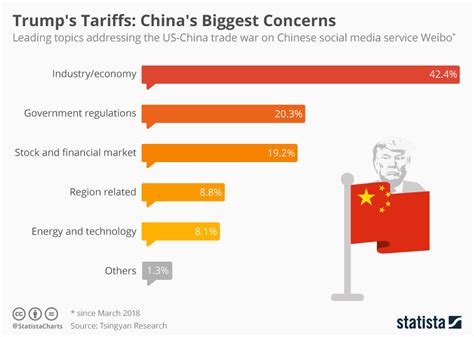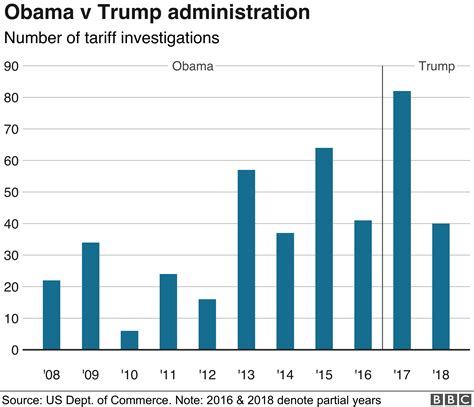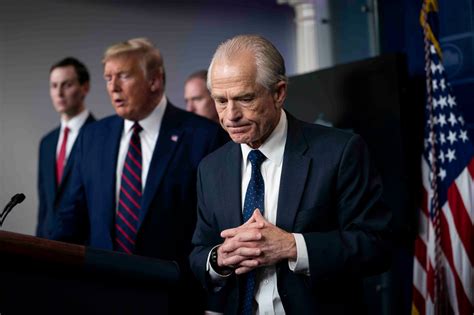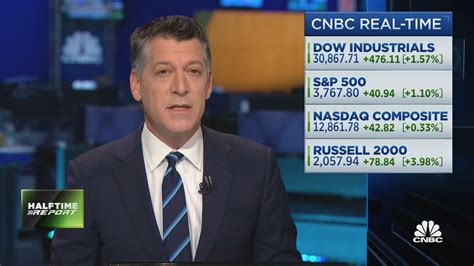President Donald Trump’s recent announcement of sweeping tariffs has sparked a global economic upheaval, creating rifts between the United States and its key allies. The move, termed “reciprocal” by Trump, involves imposing significant tariffs on numerous countries worldwide.
In a press statement, Ursula von der Leyen, the president of the European Commission, expressed deep concerns about the detrimental effects of these tariffs on the global economy. She warned that such actions could lead to increased uncertainty and trigger a rise in protectionism.
The European Union faces a substantial 20 percent tariff under this new plan, while China is set to bear an additional 34 percent on top of existing levies. This development has left countries reeling from the potential repercussions on their economies.
Mr. Trump’s decision not to impose new tariffs on Mexico and Canada beyond those already announced signifies the importance of their economic relationships with the United States. However, other nations are not as fortunate; Asian countries like Japan and India will be hit with over 20 percent in tariffs, while Vietnam, Cambodia, Bangladesh, and Sri Lanka face even higher rates.
Expert Insights:
Renowned economist Dr. Smith commented that these tariffs could significantly disrupt global trade flows and have long-term consequences for international relations. He emphasized the need for diplomatic negotiations to resolve these tensions without causing irreparable damage to established alliances.
Amidst this turmoil in trade policies, Washington’s partners are left scrambling to strategize their responses to safeguard their interests while maintaining diplomatic channels open with the U.S.
The escalating trade war threatens to reshape traditional trading patterns and create challenges for businesses worldwide. Industries that heavily rely on international supply chains are particularly vulnerable to disruptions caused by these sudden policy shifts.
As uncertainties loom large over global markets due to these tariffs, experts anticipate a domino effect where retaliatory measures from affected countries could escalate tensions further.
Through this lens of evolving trade dynamics and power play among nations emerges a complex web of economic interdependencies reshaped by political decisions that resonate far beyond borders.








Leave feedback about this